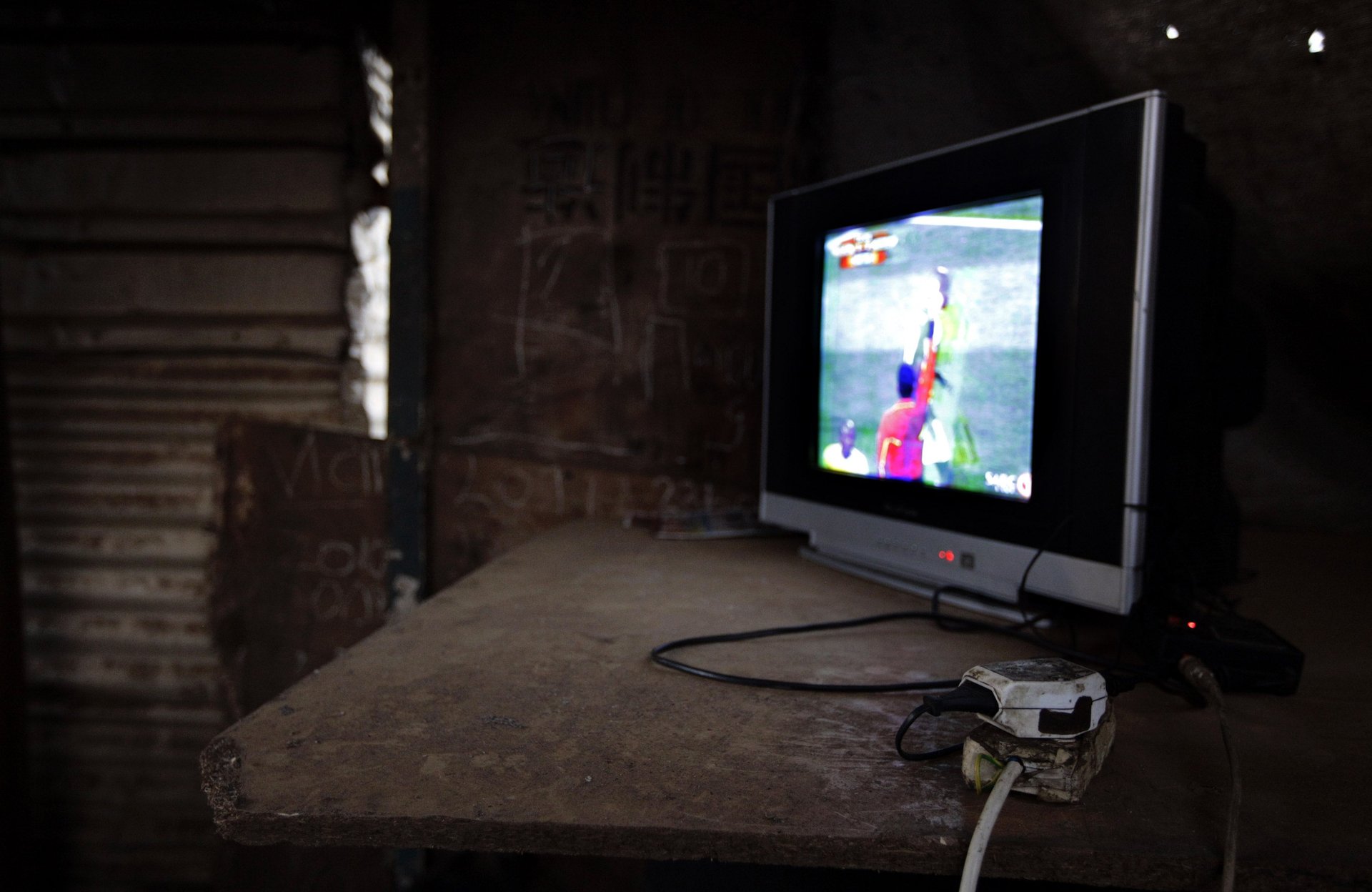No one can compete with DStv for Africa’s premium pay TV market
Dethroning Naspers-owned DStv as the pay TV market leader in Africa is proving a death knell for its competitors.


Dethroning Naspers-owned DStv as the pay TV market leader in Africa is proving a death knell for its competitors.
Two years after it first launched, Kwese TV, the pay TV service owned by telecoms giant Econet, has shut down its subscriptions model and is cutting off expensive third-party channels. The service will now essentially only carry free-to-air religious, news and sports channels and will no longer charge monthly subscription fees.
In the two years it operated, Kwese TV garnered tens of thousands of subscribers across more than 12 African countries but likely never got anywhere close enough to DStv which has over 13.5 million subscribers across Africa, with 7 million in South Africa alone.
Kwese TV’s change of tack is a reminder of just how difficult winning significant pay TV market share is in a space dominated by DStv, the satellite service owned by MultiChoice, an arm of South African media giant, Naspers. Having had a two-decade head-start on most of its competitors, DStv maintains a strong hold on exclusive broadcast rights to the most watched soccer leagues in Africa, including the English Premier League, Spanish La Liga, UEFA Champions League and Italian Serie A. But while soccer is a major attraction, DStv also spends heavily on entertainment content: it has invested millions of dollars in original local content, especially the popular Nollywood, through its Africa Magic channels.
For its part, Kwese attempted to pry market share from DStv by offering exclusive NBA and NFL sports content as well as less popular soccer leagues, but ultimately, it has proven inadequate. The economics of the pay TV business means unless entrants quickly win subscribers and gain significant cash-flow, maintaining expensive broadcast rights become difficult: Kwese TV has reportedly missed multiple payments on broadcast deals since last year. It’s a recurring failing for many of DStv’s challengers.
StarTimes, a Chinese-owned pay TV company, is currently DStv’s most obvious competitor in Anglophone Africa. Its success has come from targeting the mass market audiences that cannot afford DStv’s more expensive subscription prices. It offers a relatively limited package of news, entertainment and some sports content for subscriptions as low as $2.50. DStv has since responded to the threat of StarTimes by launching GOtv, a “lite” service with bouquets priced as low as $1.
But StarTimes has so far shown little interest in battling DStv by spending heavily on expensive sports or entertainment content for the high-end market. It’s a strategy that has paid off as it has garnered over 10 million subscribers at the lower end of the market.
But other competitors have not been as strategic.
In Nigeria, back in 2007, the newly-launched HiTV bagged Premier League rights but much of its other content was considered second-rate. As such it never truly won over enough of the pay TV market as many still maintained their DStv subscriptions. HiTV shut up shop in 2011 amid allegations of high-level mismanagement.
TSTV, another Nigerian pay TV hopeful, loudly declared its intentions to launch last year, playing on some Nigerians’ claims DStv is an expensive monopoly for the football-obsessed country. But TSTV failed to ever gain traction despite government support through a three-year tax relief scheme. Since then, TSTV has been mired in controversy over its sports content agreements and a string of technical difficulties.
Having largely lost the pay TV fight, Kwese’s next play is online. It’s retaining its on-demand services, Kwese Iflix and Kwese Play and is betting on increased internet access and a growing streaming culture on the continent. But that’s not likely to be a smooth ride either as it will be up against streaming giant Netflix which has been available in Africa since January 2016.